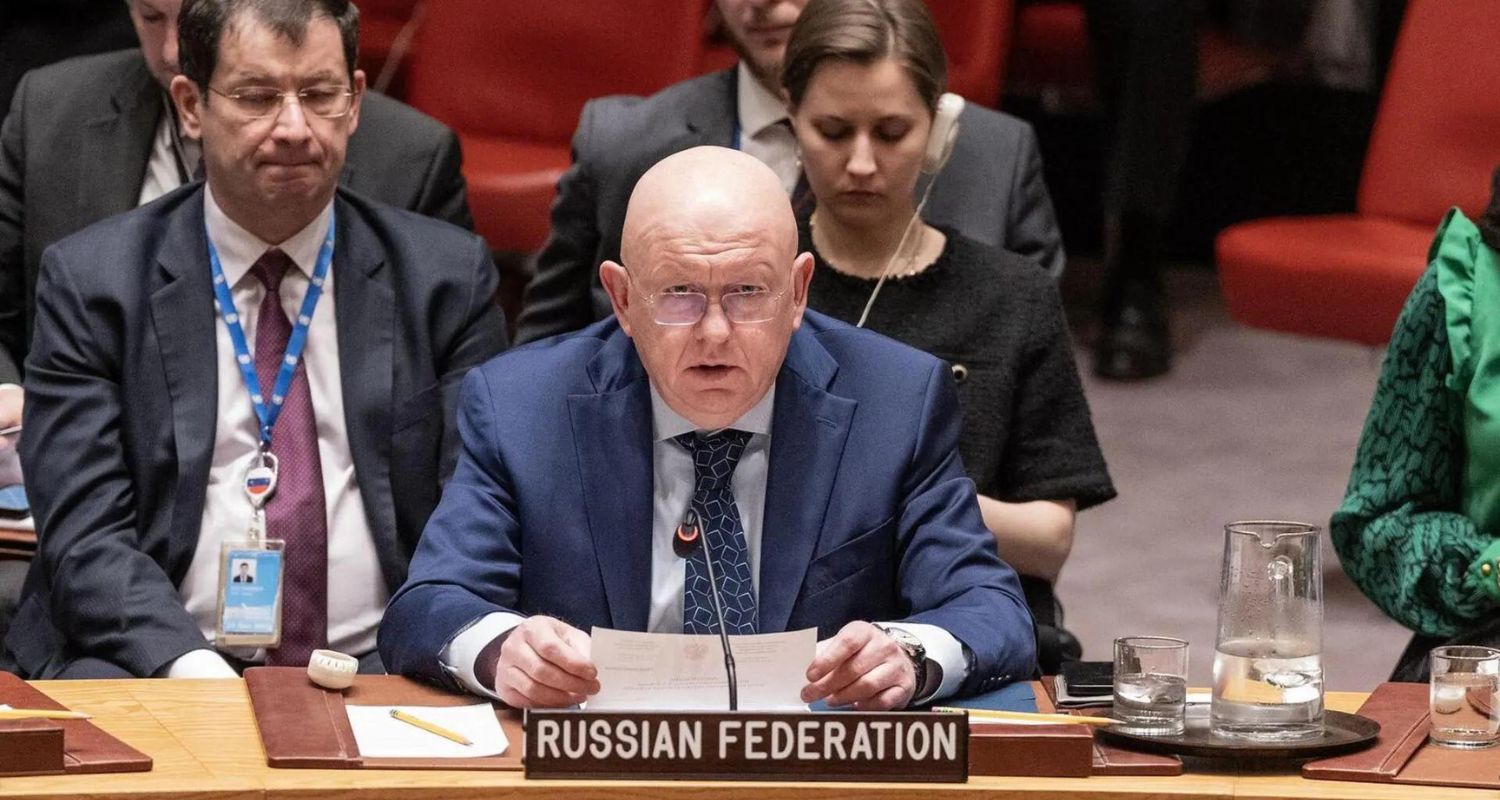Russia exercised its veto power at the United Nations on Wednesday, blocking a resolution proposed by the United States and Japan aimed at banning the use of nuclear weapons in outer space. The move comes amid concerns raised by US intelligence regarding Moscow’s alleged efforts to develop a nuclear device capable of destroying satellites.
Russian Ambassador Vassily Nebenzia dismissed the UN draft as a “dirty spectacle” and accused the resolution’s backers of orchestrating a “cynical ploy.”
President Joe Biden previously confirmed US intelligence suggesting that Russia is working on a nuclear anti-satellite capability. This weapon, according to sources familiar with the intelligence, could potentially destroy satellites by generating a massive energy wave upon detonation.
Before the vote, senior US officials hinted that Russia might be concealing information by vetoing the resolution.
US Ambassador Linda Thomas-Greenfield reiterated these concerns after the vote, questioning Russia’s motives and condemning China’s decision to abstain from voting.
The resolution, which garnered support from over 60 member states, aimed to strengthen the global non-proliferation regime, particularly in outer space, and reaffirm the commitment to maintaining outer space for peaceful purposes. It also urged UN member states not to develop nuclear weapons or other weapons of mass destruction intended for placement in Earth’s orbit.
The potential threat posed by nuclear weapons in space has been accentuated by Russia’s invasion of Ukraine, which has strained relations between the US and Russia. Experts warn that such weapons could have devastating effects on satellite constellations, including SpaceX’s Starlink, which Ukraine has utilized in its conflict with Russia.
Russian President Vladimir Putin previously stated that Moscow is prepared to use nuclear weapons if the existence of the Russian state is threatened. He also emphasized the importance of space projects, including the deployment of a nuclear power unit in space.
This recent development underscores growing tensions surrounding nuclear proliferation and the militarization of space, highlighting the need for diplomatic efforts to address these pressing security concerns.

